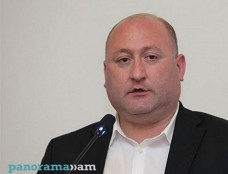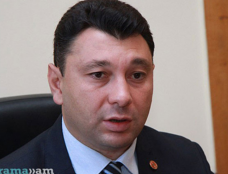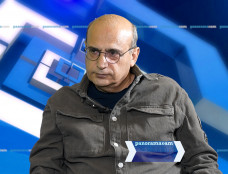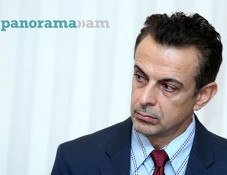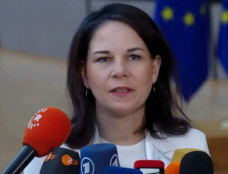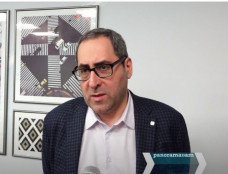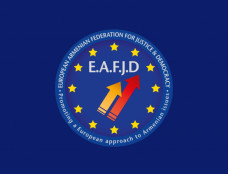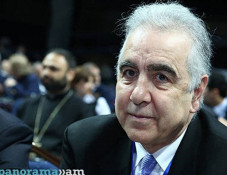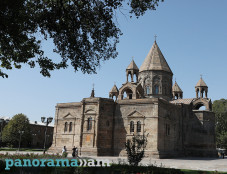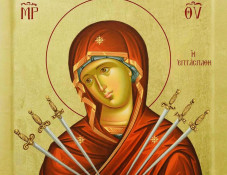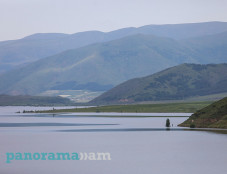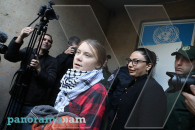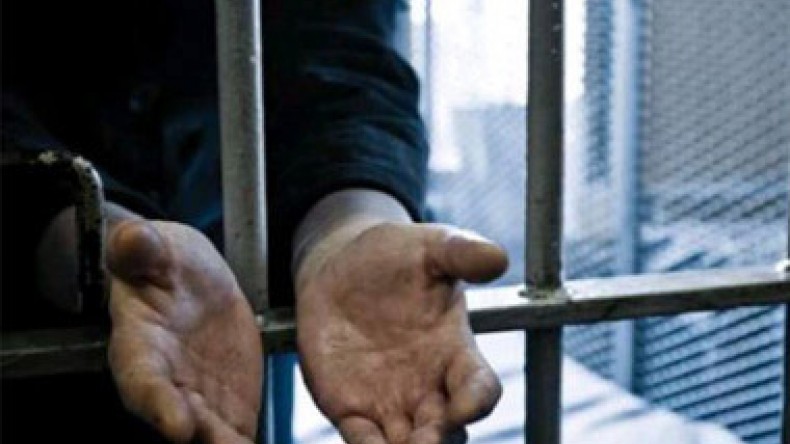
CPJ: There are 10 journalists 5 bloggers and 8 youth activists in Azerbaijani prisons
On Wednesday, Azerbaijan will assume chairmanship of the Council of Europe Committee of Ministers. But Azerbaijan's chairmanship has proven more problematic than most, as it comes at a time when the country's fulfillment of its Council of Europe obligations is at its worst, writes British human rights defender Rebecca Vincent in an article published on CPJ site.
As the author notes, among the Council of Europe's core values are democracy and human rights, and its members are expected to promote and protect these values, including freedom of expression. But the climate for freedom of expression--along with human rights more broadly--has been steadily deteriorating for many years, as the Azerbaijani authorities have worked to silence all forms of criticism and dissent.
The human rights defender notes that at present, there are a staggering 10 cases of journalists in detention or prison on politically motivated charges in Azerbaijan. In addition, there are currently five bloggers behind bars, and at least eight imprisoned youth activists seem to have been targeted in part for their online activities.
“But politically motivated arrest and imprisonment is just one of many threats faced by independent journalists, media workers, and bloggers in Azerbaijan. Those who pursue stories related to risky topics such as corruption and human rights abuses, or publish articles perceived to be critical of the authorities, face a range of other pressures, including harassment, threats, intimidation, blackmail, and violent attacks,” the human rights defender writes.
As the author notes Since the March 2005 murder of Monitor magazine editor-in-chief Elmar Huseynov, there have been reports of hundreds of cases of violent attacks against journalists in Azerbaijan, including another murder, of journalist and writer Rafig Tagi in November 2011. In May 2013, parliament adopted legislation extending criminal defamation provisions to online content, which was signed into law by President Ilham Aliyev and took effect in July 2013. The state also controls the country's broadcast media.
According to the author although a handful of independent voices remain among Azerbaijan's print media, they are struggling for survival. The state controls many of the country's printing and distribution facilities, and many companies decline to advertise in critical newspapers.
The author notes that The Council of Europe has voiced concern over these serious problems, in numerous resolutions of the Parliamentary Assembly of the Council of Europe, judgments of the European Court of Human Rights, decisions of the Committee of Ministers, and reports and statements by the Commissioner for Human Rights.
But this concern has gone unheeded, and the many sets of recommendations have been ignored.
In connection with the forthcoming chairmanship of Azerbaijan in the Committee of Ministers of the Council of Europe, the human rights movement Art for democracy operating in Azerbaijan has also published a new report on violations of freedom of expression carried out in Azerbaijan in the last three years. The report is published on the website of the international human rights organization Index on Censorship.
According to the report the Azerbaijani authorities have used a range of tactics to silence critical artistic expression. Despite the fact that Azerbaijan has committed to respect and protect the right to artistic freedom of expression, in practice, the Azerbaijani authorities restrict this right.
In publishing this report, the Art for Democracy campaign hopes to draw greater awareness, both within Azerbaijan and at the international level, to ongoing restrictions of the right to artistic freedom of expression in Azerbaijan, and in that regard, to improve the situation in the country.
Newsfeed
Videos





